Taliban mourns death of its former Australian hostage Timothy Weeks
Australian academic Timothy Weeks was held hostage by the Taliban for more than three years but converted to Islam and became one of the hardline regime’s most vocal apologists.
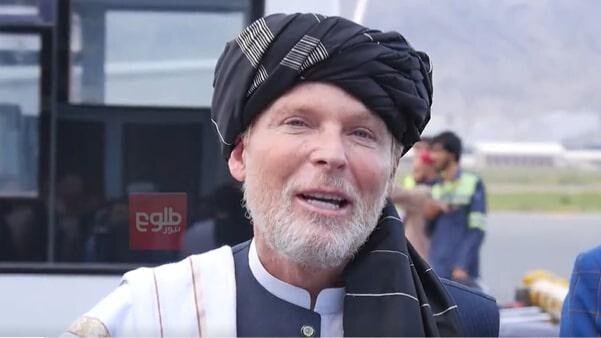
Afghanistan’s fundamentalist rulers have taken to social media to mourn the passing of Timothy Weeks, alias Jibra’il Omar, the former Taliban hostage who became one of the hardline regime’s most vocal apologists.
The Australian academic died of cancer on Wednesday at the age of 54, his death announced by Taliban officials in Kabul, where he had been working as an English teacher.
“He was very fond of Afghanistan and the Islamic Emirate, and based on that he considered it best to live in Kabul,” said interior ministry spokesman Abdul Mateen Qani.
Mr Weeks was kidnapped in Kabul in 2016 and held hostage by the Taliban for three years, shackled in windowless rooms and often beaten before being released in a prisoner-exchange deal in 2019.
During his captivity the once devout Christian converted to Islam and in 2022 he returned to Afghanistan to “celebrate” the one-year anniversary of the Taliban takeover and the imposition of fundamentalist rule.
Embraced at Kabul airport by Taliban leaders who “warm-heartedly welcomed” him back, Mr Weeks became a cheerleader for his former captors.
“I spent 3½ years with Taliban soldiers and I saw these people in a light that nobody else has been able to do,” he said.
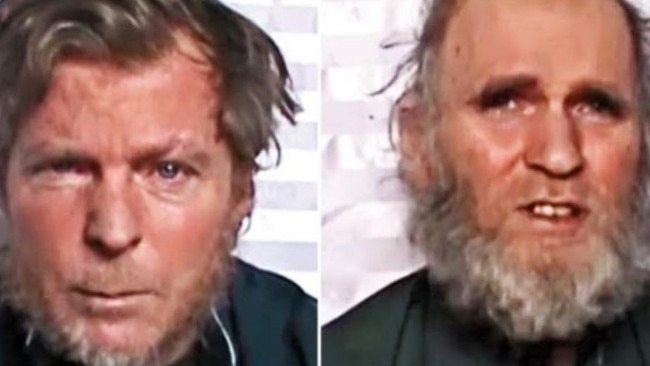
He was prolific on social media platform X, re-tweeting Taliban announcements, images of destruction in Gaza and, in one recent case, a picture of the caskets of five slain Israeli soldiers, with the caption: “May Allah increase this amount.”
At one point he accused prominent Australian journalists – including one detained in Kabul and forced to publicly apologise by the hardline regime for her reporting – of asking for trouble and being “no better than hired mercenaries”.
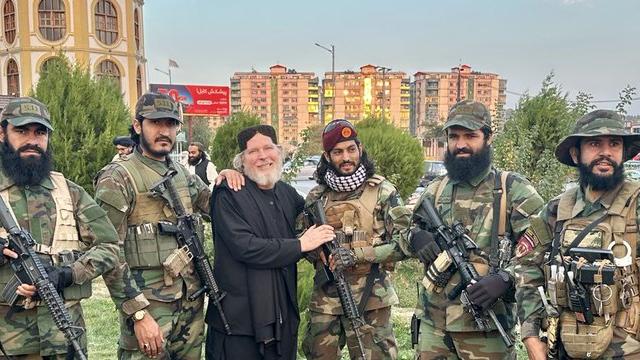
Mr Weeks was kidnapped in Kabul in August 2016 by gunmen wearing military uniforms just four weeks after arriving in the country to teach English at the University of Afghanistan.
He and an American colleague, Kevin King, were held hostage, the pair looking haggard and desperate in videos released by the Taliban.
“I don’t want to die here,” Mr Weeks said in one of the videos. “Not alone, not here.”
But he learned to speak Pashtun and formed warm relationships with some of his guards.
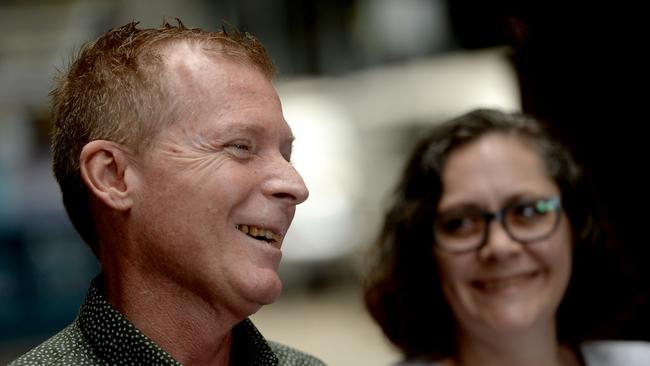
The two men were freed in return for the release of three senior Taliban members held in the Bagram prison, including Anas Haqqani, whose older brother was the deputy Taliban leader and head of the Haqqani network, a brutal Taliban affiliate.
When Mr Weeks arrived back in Australia he received a standing ovation in parliament. He told reporters his life was in danger “every day” he was in captivity.
“At times I felt my death was imminent and that I would never return to see those that I love again, but by the will of God I am here, I am alive,” he said.
In 2020 he accepted an invitation from his former captors to attend the signing of a peace deal in Doha, sharing photos of himself with Anas Haqqani, the Taliban leader released in the prisoner swap.

On Thursday, Haqqani mourned the death of his friend in a post on X.
“Though Timothy Weeks and I came into this world in different times and distant places, fate brought us together at a crossroads where my death became his, my life intertwined with his, and his freedom became mine; together, we crossed through those red lights.
“Jibra’il left the land where he was born and took his first steps. He stayed with us, dressed in Afghan attire, and walked the streets, for the bond of faith and belief holds deeper meaning than any other connection.”


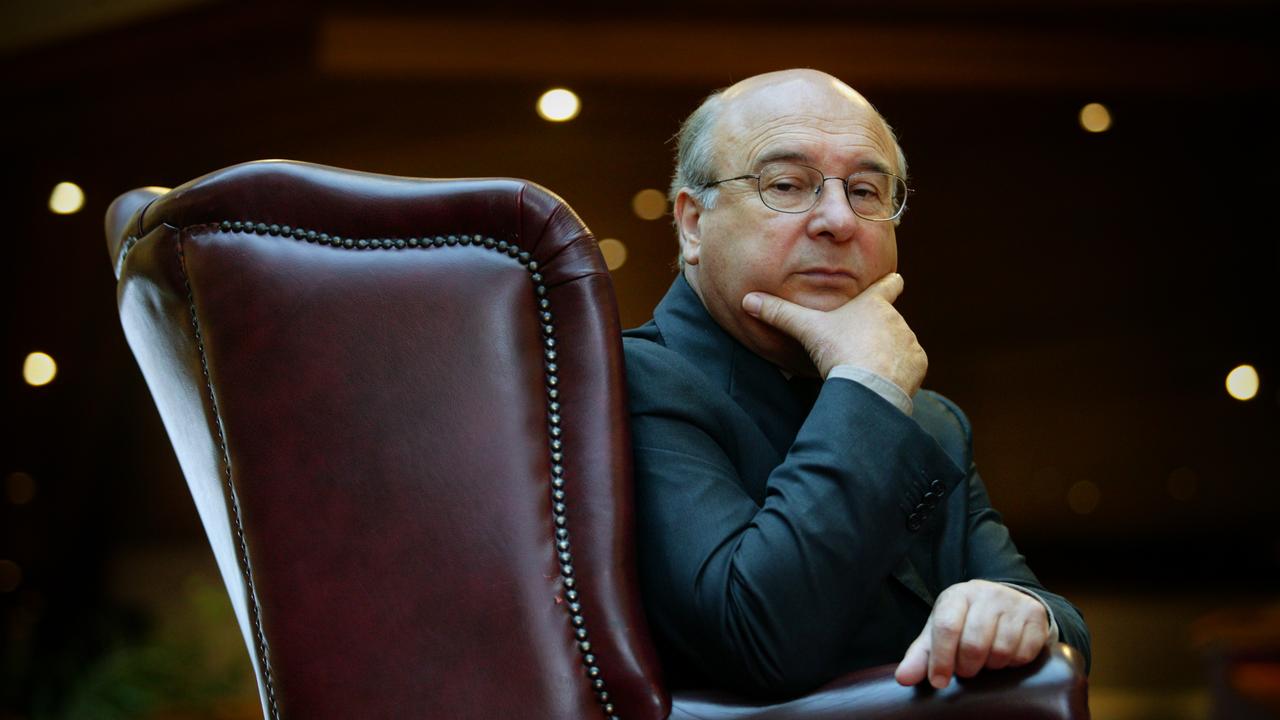

To join the conversation, please log in. Don't have an account? Register
Join the conversation, you are commenting as Logout